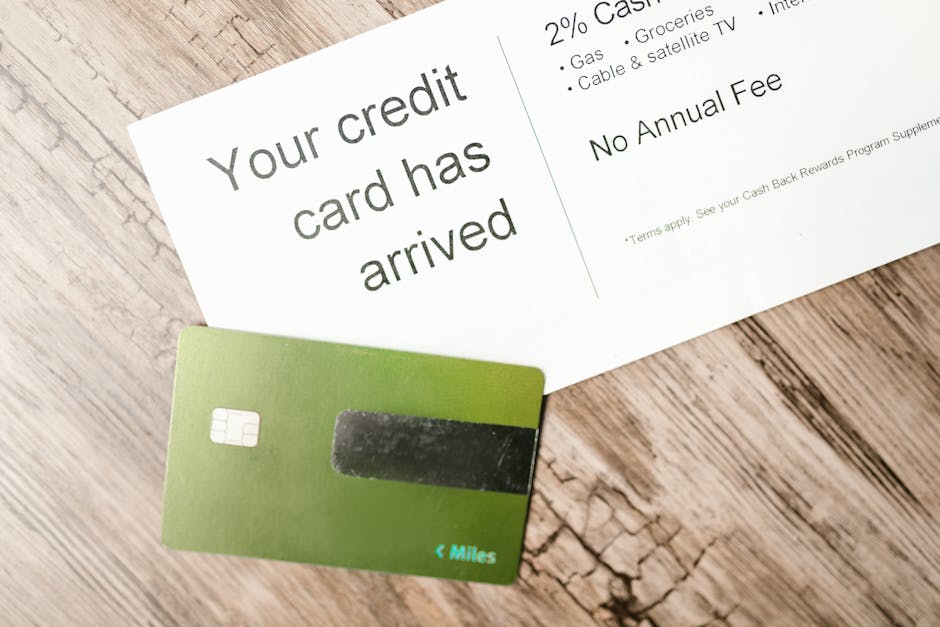The Future of Airline Loyalty Programs: Earning and Redeeming Rewards
Airline loyalty programs have become a significant aspect of the travel experience, offering customers incentives to remain loyal to specific airlines. These programs, initially designed to reward frequent travelers with miles, upgrades, and other benefits, are undergoing substantial transformations. Driven by advancements in technology, changes in consumer behavior, and evolving industry practices, these loyalty initiatives now aim to provide greater value and flexibility for members.

The Evolution of Airline Loyalty Programs
Airline loyalty programs have been around since the 1980s when American Airlines launched the first modern frequent flyer program. Initially, these programs were straightforward: members earned miles based on the distance flown and redeemed them for free flights or upgrades. Over time, airlines began refining their strategies to maximize profitability while offering personalized rewards to customers.
Today’s loyalty programs focus not only on rewarding frequent travelers but also on engaging a broader audience. Airlines now incorporate partnerships with hotels, car rental companies, and even retail stores, enabling members to earn points in various ways. This shift reflects a growing emphasis on customer-centric approaches.
For instance, Delta Air Lines introduced revenue-based earning in its SkyMiles program, rewarding customers based on ticket prices rather than distance traveled. This method aligns more closely with passenger spending habits while ensuring profitability for airlines.
Technological Advancements Shaping Loyalty Programs
Technology plays a crucial role in reshaping airline loyalty programs. Digital platforms and mobile applications have streamlined how passengers manage their accounts, track rewards, and redeem points. Artificial intelligence (AI) is being utilized to analyze customer data and predict preferences, enabling airlines to offer tailored promotions and recommendations.
Blockchain technology is also starting to influence loyalty programs. By using blockchain, airlines can create secure and transparent systems for point management, reducing fraud risks while simplifying transactions. A notable example is Singapore Airlines’ KrisPay wallet, which uses blockchain to allow members to spend miles seamlessly at partner merchants.
These innovations demonstrate how airlines are leveraging technology to enhance user experiences while maintaining operational efficiency.
Earning Points Beyond Flights
Modern loyalty programs extend beyond traditional flight-based point accrual methods. Members can now earn points through everyday activities such as dining out or online shopping. This diversification makes it easier for occasional travelers to participate and benefit from these programs.
- Co-branded credit cards: Many airlines partner with financial institutions to offer credit cards that earn points on all purchases.
- Hotel stays: Collaborations with hotel chains allow members to earn rewards during their trips.
- Retail partnerships: From grocery shopping to luxury brands, airline loyalty programs increasingly include retail partnerships.
This approach not only incentivizes spending but also enhances customer engagement by providing multiple ways to accumulate points outside of air travel.
The Redemption Revolution
Redeeming rewards has traditionally been a challenge for many loyalty program members due to limited availability or blackout dates. Airlines are now addressing these concerns by introducing more flexible redemption options.
Some carriers offer dynamic pricing models for award tickets, where the number of points required fluctuates based on demand and ticket prices. While this approach provides greater accessibility during off-peak periods, it has received criticism for making redemptions less predictable during peak seasons.
Additionally, non-flight redemption options have expanded significantly. Members can use their points for hotel stays, car rentals, gift cards, or even exclusive experiences like concert tickets or VIP events. This flexibility caters to diverse interests and needs.
Sustainability and Ethical Travel Initiatives
Sustainability is becoming a key focus area within airline loyalty programs. Many airlines are exploring ways to integrate eco-friendly options into their offerings as consumers grow increasingly environmentally conscious.
Loyalty members can now use their points to offset carbon emissions from flights or contribute to green initiatives like reforestation projects. For example, British Airways’ Executive Club allows members to support carbon offsetting efforts using Avios points.
This trend reflects the growing demand among travelers for responsible travel choices and demonstrates how airlines can align their loyalty programs with broader sustainability goals.
The Role of Partnerships in Enhancing Value
Strategic partnerships are central to the success of modern airline loyalty programs. By collaborating with companies across various industries, airlines can offer enhanced value propositions while reaching new customer segments.
A prominent example is the partnership between Emirates Skywards and Marriott Bonvoy. This alliance allows members of both programs to earn dual rewards on eligible stays or flights, maximizing benefits across two distinct travel domains.
Such collaborations illustrate how airlines leverage partnerships not just for increased profitability but also for creating seamless travel experiences that cater to customer preferences.
Challenges Facing Loyalty Programs
Despite their advantages, airline loyalty programs face several challenges that need addressing for sustained success:
- Complexity: Many passengers find program rules confusing or difficult to navigate.
- Devaluation: Frequent changes in point valuations often frustrate loyal customers who perceive reduced benefits over time.
- Competition: With numerous options available across carriers globally, standing out remains an ongoing challenge for individual programs.
Tackling these issues requires continuous innovation alongside clear communication with program participants about updates or changes affecting them directly.
The trajectory of airline loyalty programs indicates continued evolution toward more personalized experiences driven by data analytics and emerging technologies like AI and blockchain.
Integrating sustainability into core strategies will likely play a significant role moving forward as societal priorities shift towards environmental consciousness globally.
This article was generated by AI